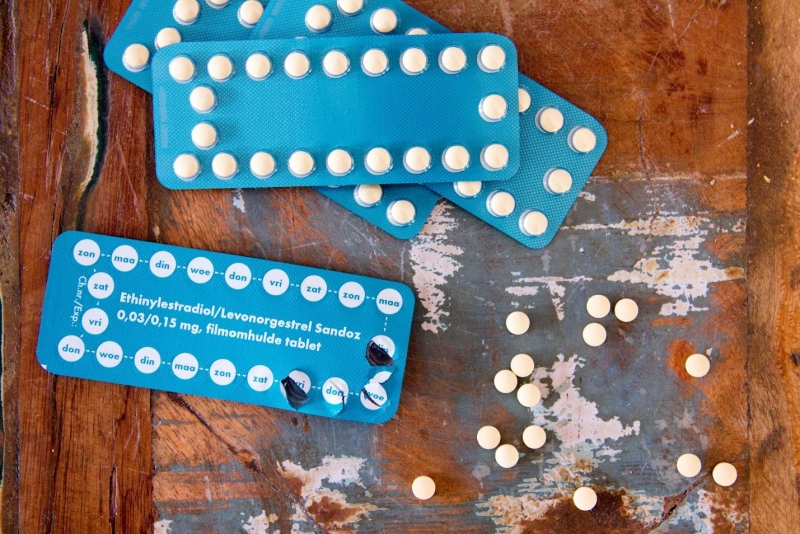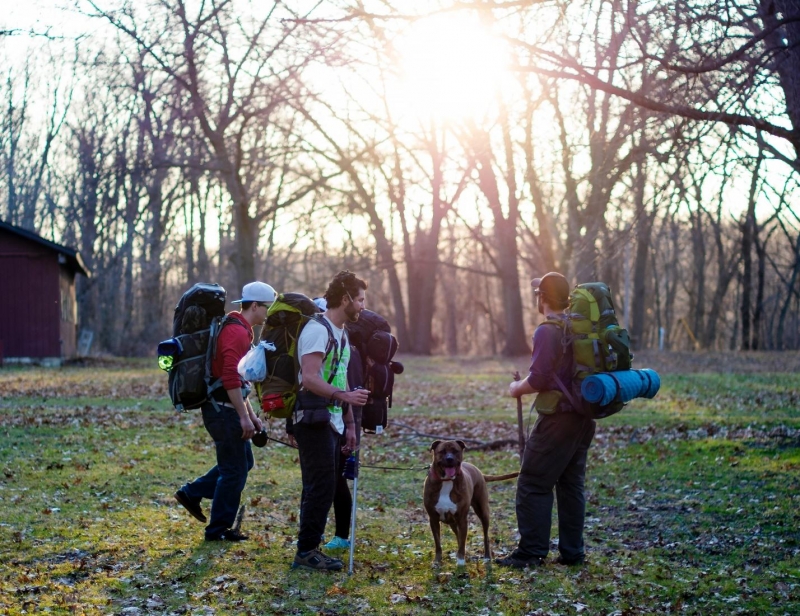I can still clearly remember how I panicked when I had an allergic reaction to curry while on a trip to Hong Kong. I did not pack any antihistamines, I had no idea where the closest hospital or pharmacy was, most of the people around me did not speak English, and I had no travel insurance.
When my family finally found a clinic, we learned that they did not receive foreign patients. The clinic staff redirected to me a hospital that did and I had to endure a long taxi ride with a swollen tomato head. The whole ordeal cost me quite an amount of money, and I was also emotionally and psychologically fatigued.
So to make sure you don’t run around like a headless chicken in a medical emergency, here are some things to consider before leaving for a trip:
1. Book an appointment with your doctor before you leave

My brother always reminds me to visit the family physician before going abroad. It would be best to see if there are any required or recommended vaccinations for your destination. According to the International Association for Medical Assistance to Travellers, you should have your vaccinations six to eight weeks before your departure. Prepare the medicines that you need for possible illnesses and those that you need for maintenance. It may also be important to have some medical paperwork with you while travelling. Make sure that this confidential information does not get lost so keep them in a safe place. It would also be a good idea to scan these documents and to email them to yourself.
2. Find out if your health insurance covers travels abroad
As a benefit from my employer, my health insurance covers 48 hours of medical emergency in a foreign country. Find out whether your insurance policy provides coverage while travelling. If it does not, buy travel insurance with a sufficiently comprehensive medical coverage. You may also see if your credit card offers medical and emergency insurance. Your travel agency may also offer medical insurance at an additional cost.
3. Know how to call 911 wherever you are

Do you know how to call 911 in a foreign country? You can find a list of every country’s emergency contact number here.
4. Memorise your information (and others too)
Be sure to write down the details of your contact person at the back of your passport in case of an emergency. As a precaution, I try to memorise my family members’ addresses and phone numbers. Also, keep your family and friends aware of your travel destination. Sometimes, I would even send them a copy of my itinerary for good measure.
5. Let your tour guide (or someone in your group) know of your medical limitations

If you are travelling with a group, it would be sensible to let your tour guide or one of your buddies know of your allergies or other pertinent medical information that you think might come up in your trip. It would be wise to also tell them where your medicine is – and to find out where the group’s emergency kit is kept.
6. Know the local address of your embassy

Try to research the exact location of your country’s embassy in your foreign destination. Consular officers can connect you with local medical care. This would also prove to be useful when you are going to a country where most of the people do not speak English. The nonprofit International Association for Medical Assistance to Travellers provides information to a global network of English-speaking doctors around the world at reasonable rates.
7. Be informed of the things going on around you
Is there a virus or disease prevalent in the area where you are going? Are there public demonstrations close to your hotel? Read the news to be updated on what’s happening around you to steer clear from possible unfavourable situations. It would be helpful to know where the hospitals are in the city you will be travelling in. You may opt to determine a hospital you would prefer to be taken to in the event of a medical emergency – especially one where the staff may speak English.





